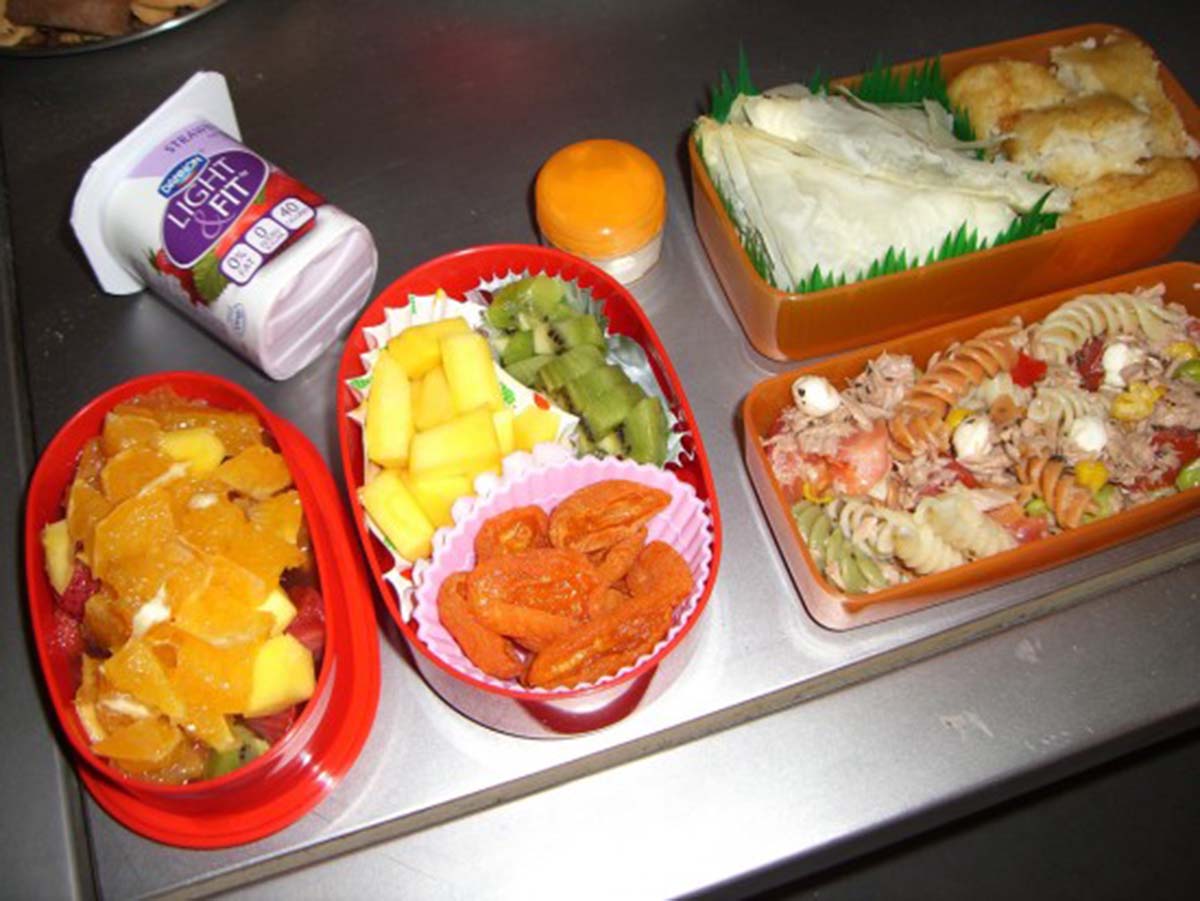Table of Contents
6. Eat frozen or chef-prepared standardized meals, supplemented by salads, fruit, and yogurt.
The simple reality of reduced calorie diets is that we almost always forget how many calories we have eaten. That is the reason it can be a good idea to let someone do the calorie counting for you. Choose frozen breakfast, lunch, and dinner meals you like, making sure the total calories from those meals is well with you diet goals.

This way you may actually lose a pound or two during the week between Christmas and New Years (or, depending on your tradition, New Years and Christmas) and you will be ready for even more weight loss in January.
7. Take advantage of the cold.
One of the ways the body keeps itself warm is by activating "brown" fat cells, which generate heat from fat. Even though the body has under a 100 grams (3 ounces) of this kind of fat, under cold conditions it can burn 300 to 500 calories a day. Get a couple hours exposure to temperatures of 5 degrees C/40 degrees F or lower, without a coat or protective clothing. and you will lose weight effortlessly. Or do a "polar bear" swim (with someone around to help if you get too cold) not just on New Year's Day, but every day. Swimming in an outdoor pool can also accelerate fat loss.
8. Don't drink white wine (or any other alcoholic beverage) with fish.
Fish is great diet food. The omega-3 essential fatty acids in cold-water fish such as salmon and herring help reduce cravings for fatty foods, and they enable the body to produce hormones that reduce inflammation and water retention in belly fat.
The reason for this is the way the liver detoxifies alcohol, by transforming it into a chemical called acetaldehyde. The acetaldehyde in turn neutralizes omega-3 essential fatty acids, and the liver winds up transforming them into cholesterol or stored fat rather than inflammation-fighting hormones.
9. Go nuts.
Almonds, walnuts, and pecans have an unexpected effect on weight. Within limits, eating more nuts results in losing more weight, even when calories added to the diet. A series of studies have found that the addition of a "handful," up to 100 grams/3-1/2 ounces of nuts every day to regular diets results in loss of an additional pound (about 500 grams) every month, without any effort to diet. Even better, eating nuts typically lowers cholesterol and triglyceride, too. Peanuts, unfortunately, do not have the weight loss effect.
Read More: Staying on a Weight Loss Diet during this Christmas: Healthy Holiday Treats
10. If you aren't going to go on a diet yet, start taking fish oil supplements anyway.
Scientists at the Nutraceuticals Research Group at the University of Newcastle in Australia conducted an experiment in which future dieters were asked to take either 6 capsules of fish oil or 6 capsules of a placebo every day for 4 weeks before going on a diet.
Then the scientists measured weight loss after 4 weeks on the weight loss plan. Dieters who took fish oil before going on a diet lost, on average, about 50% more than those who did not, possibly because of reduced inflammation in fat pads in the belly, on the hips, and on the thighs.
- Callahan E. Changes in weight loss and lipid profiles after a dietary purification program: a prospective case series. J Chiropr Med. 2013 Mar
- 12(1):30-8. doi: 10.1016/j.jcm.2012.11.004. PMID: 23997722.
- Foster GD, Shantz KL, Vander Veur SS, Oliver TL, Lent MR, Virus A, Szapary PO, Rader DJ, Zemel BS, Gilden-Tsai A. A randomized trial of the effects of an almond-enriched, hypocaloric diet in the treatment of obesity. Am J Clin Nutr. 2012 Aug. 96(2):249-54. doi: 10.3945/ajcn.112.037895. Epub 2012 Jun 27.
- Mindmap by steadyhealth.com
- Photo courtesy of Lucia Sanchez by Flickr : www.flickr.com/photos/gusilu/461267748/


Your thoughts on this